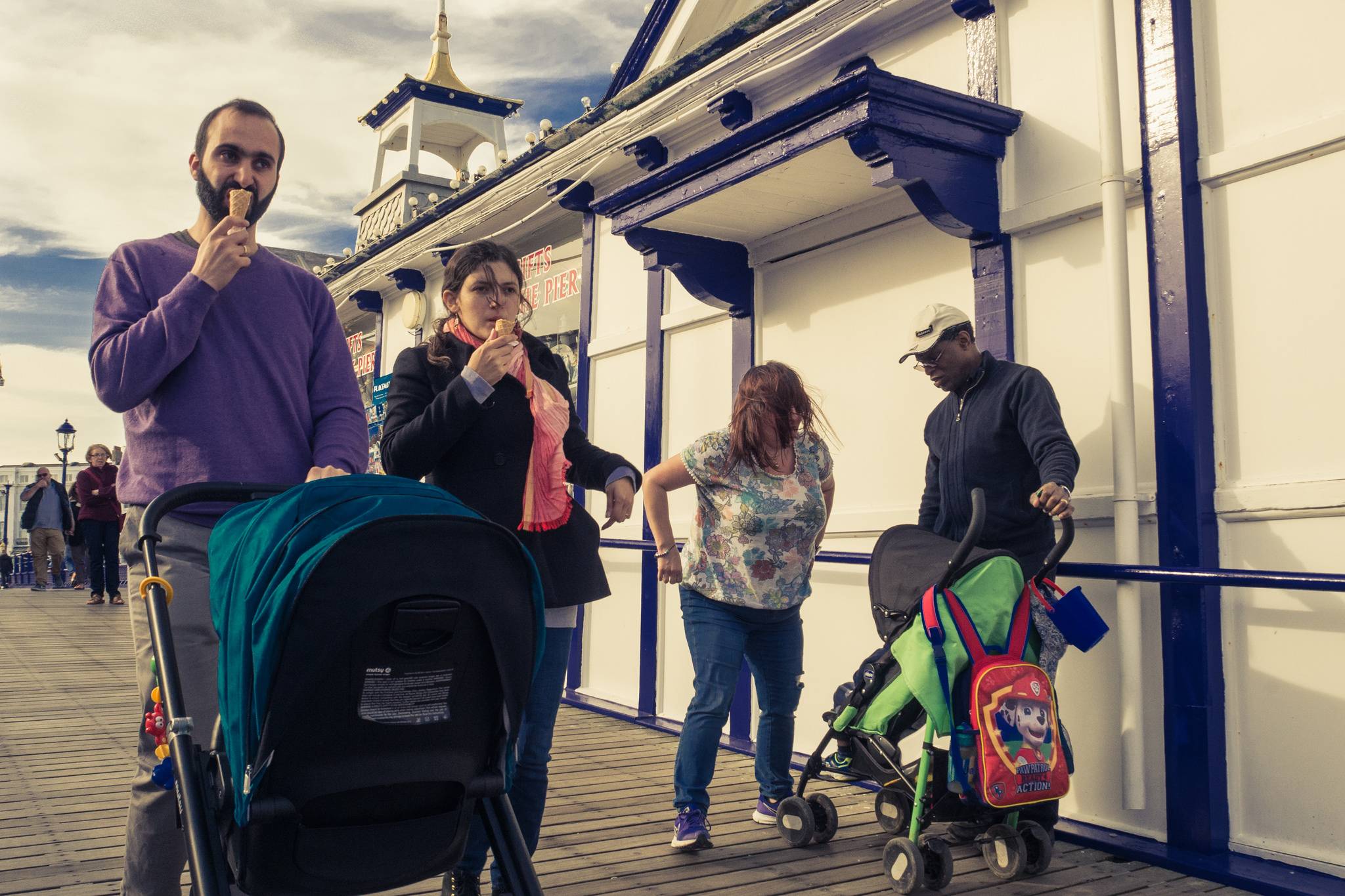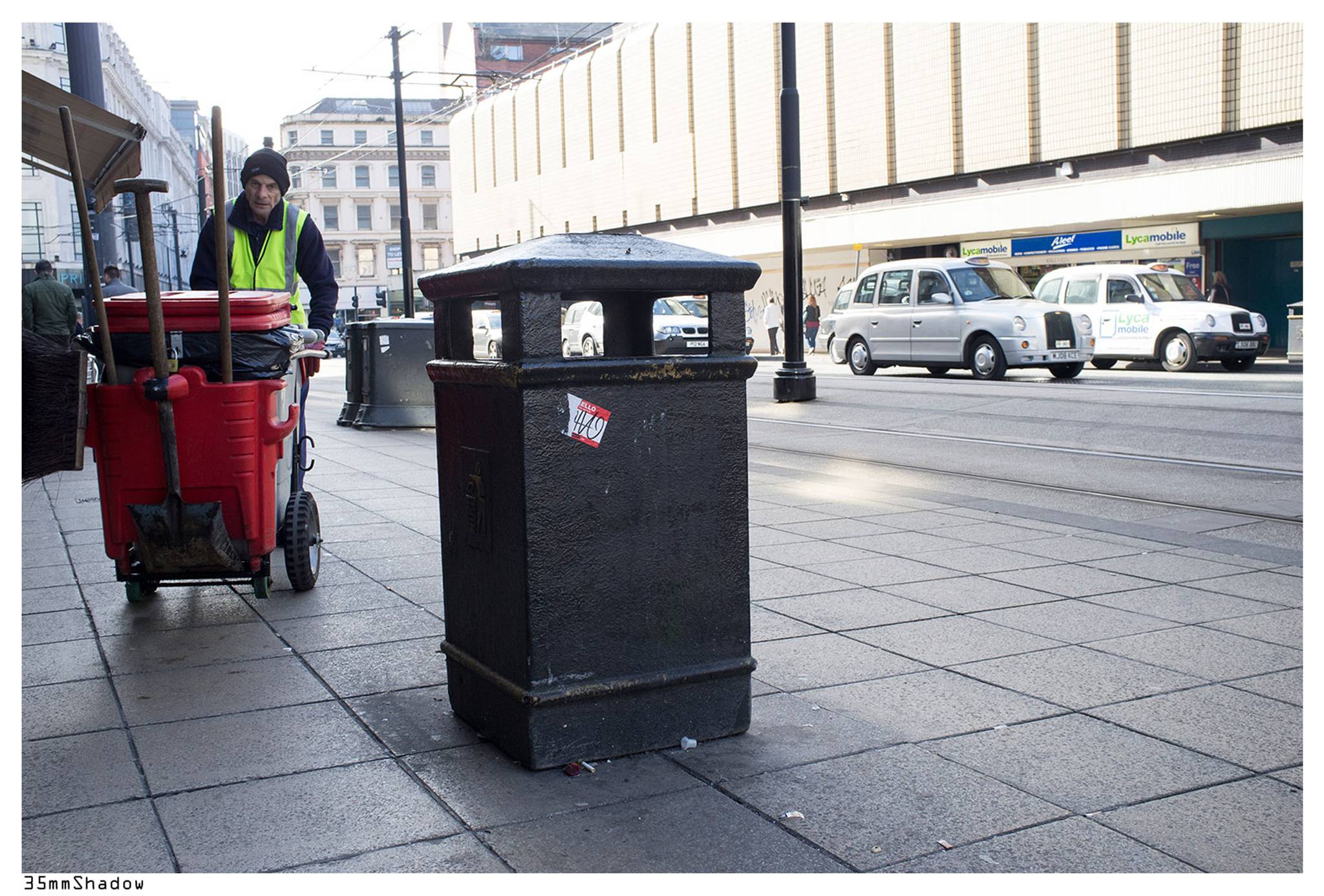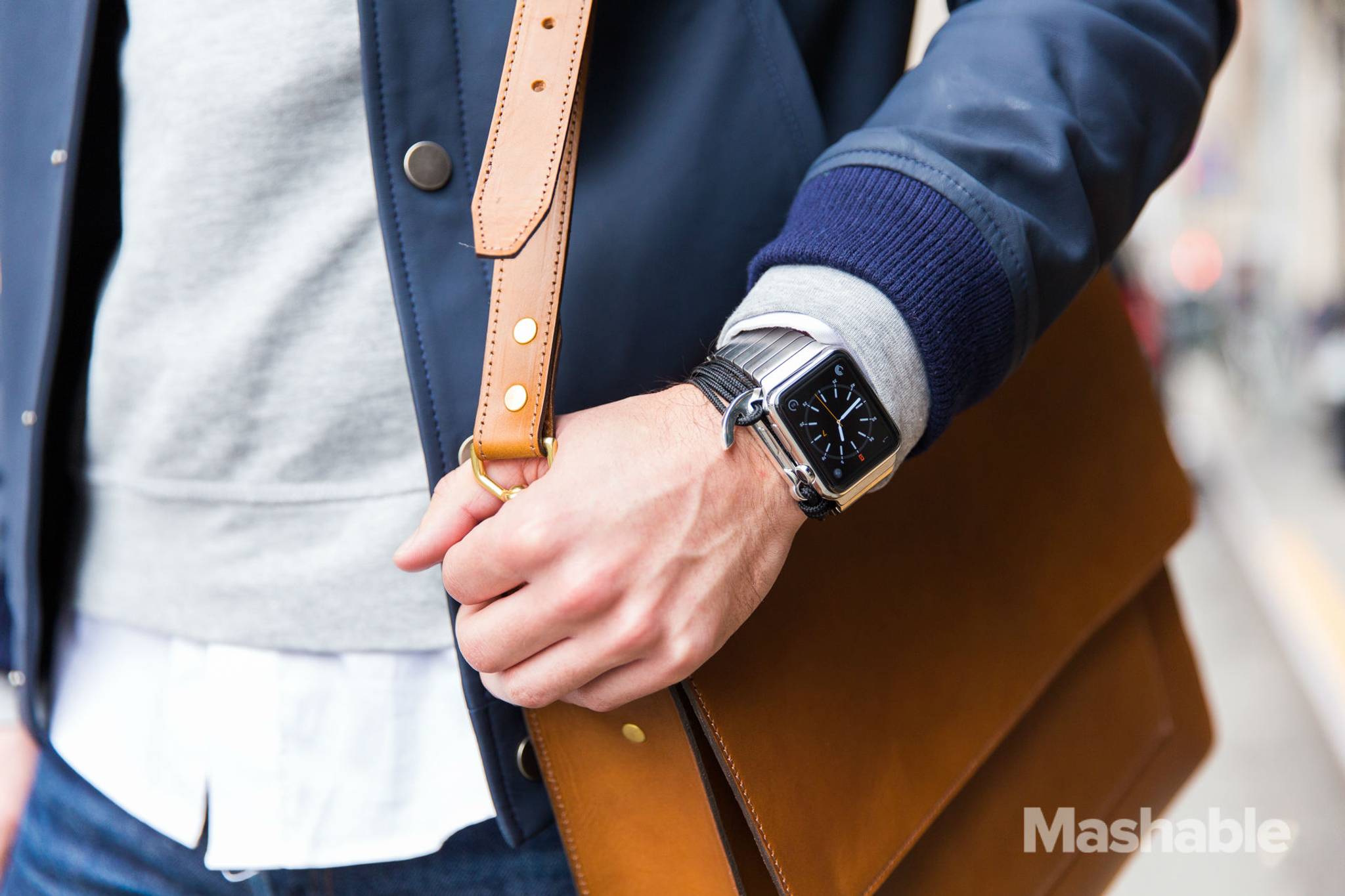
You’re browsing through ASOS and instantly fall in love with a pair of boots. They’re perfect, but it's summer and you already own two similar pairs. Looking to help people curb their impulsive shopping habits, Icebox forces people to stop and reconsider before taking the plunge. We explore the science behind why people are so keen to buy on a whim.
Icebox is a free Chrome plugin from Finder.com that replaces the ‘buy’ button on over 400 online stores – including ASOS, Amazon, and Etsy – with its own ‘put it on ice’ button. This holds the purchase for a predefined amount of time – what it calls a ‘cooling period’ – ranging from three to 30 days before allowing users to place the order. The idea is to give them time to reconsider the purchase and stop them wasting money on impulse buys they don't need.
Britain is a nation of spontaneous spenders, splashing out £3.1 billion on impulse buys every month. But research suggests that regret is the top post-shopping issue for impulse buyers. “So many of us are guilty of that late-night impulsive online purchase that we may not have had the budget for,” says Jon Ostler, CEO of Finder UK. “Icebox is a useful tool for smarter shopping… to revolutionise how people can window shop online.”
People don't always act rationally – it's why they often buy things they don't really need. From sales promotions to moods to personality traits, many factors influence the likelihood of impulse shopping, with 42% of people frequently making purchases using their mobile devices on a whim. Already used to prevent crime and encourage Uber drivers to complete more rides, nudges can be an effective, unobtrusive way to alter behaviour. And with people more focused on self-improvement than ever, they're likely to be open to small pieces of technology that help them be their best selves.
Rebecca Smith is a behavioural analyst at Canvas8, which specialises in behavioural insights and consumer research. She’s previously worked on schemes promoting the open discussion of mental health issues among young people.



